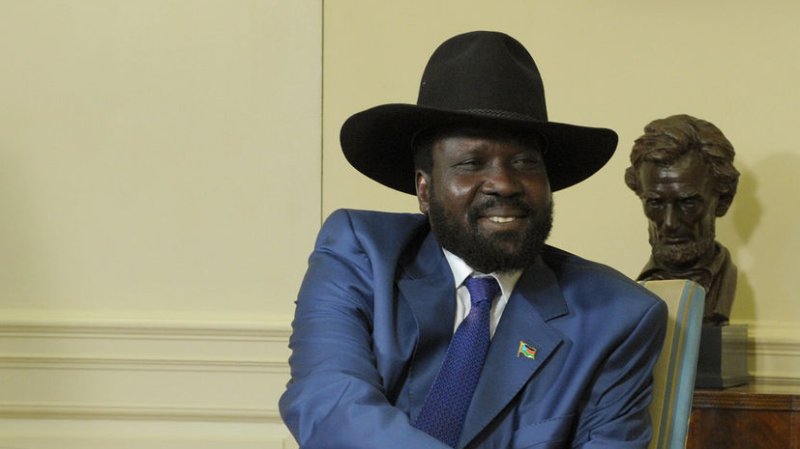Salva Kiir in 2009. (UPI Photo/Roger L. Wollenberg) |
License Photo
WASHINGTON, Aug. 2 (UPI) -- It's not in the best interest of the U.S. government to have poor diplomatic relations with the Sudanese, a U.S. government official said.
U.S. Secretary of State Hillary Clinton this week is expected to meet with South Sudanese President Salva Kiir. South Sudan's independence in 2011 was overshadowed by ethnic clashes and lingering disputes over borders and oil. Sudan and South Sudan were called on by the United Nations to settle differences.
Patrick Ventrell, a spokesman for the U.S. State Department, said the situation in the region was "very fluid."
The U.N. Security Council had expressed concern about South Sudan's support for rebel forces while criticizing Sudan for aggressive military action.
Given the ongoing crises and lingering concerns about Darfur, U.S. Special Envoy to Sudan Princeton Lyman said, during a seminar at the Atlantic Council in Washington, the situation doesn't lend itself to warm ties with Khartoum.
Restricted diplomatic channels, he said, led to distrust on both sides.
"Above all, it has kept our two countries from realizing the benefits from a normalized relationship, the political, security, and economic benefits that would derive from it for both of us," he said. "It is not in our interest to have poor relations with Sudan."





